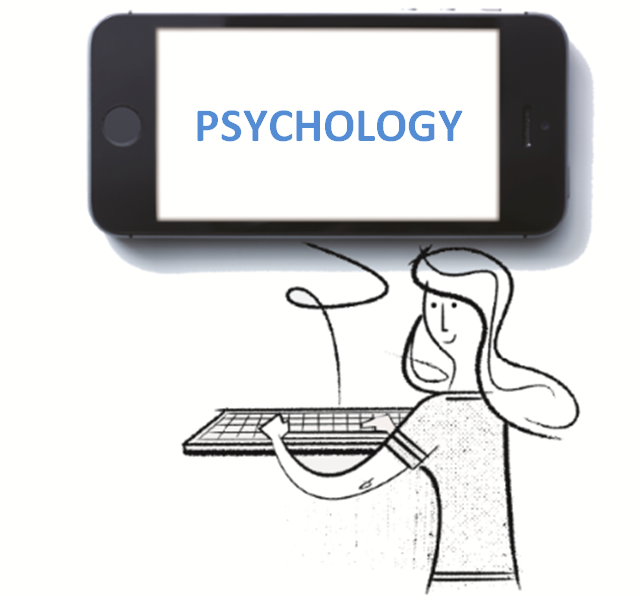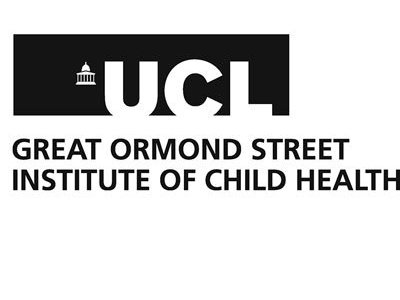Where was your year placement?
My placement was at the UCL Great Ormond Street Institute of Child Health in London and I was working with the Psychological Medicine Research Team. I was involved in a number of research studies looking into the mental health and well-being of children with physical illnesses. I also had the opportunity to work with the Psychological Medicine Clinical Team at GOSH, helping to run psycho-education groups for young people with Tourette’s and observing CBT sessions working on a range of mental health difficulties.
If you moved out of Manchester, where did you live?
I was lucky enough to have family who live in London who let me stay with them for the duration of my placement. It wasn’t a paid placement, so I don’t think I could have done it if I didn’t have them being so generous with their spare room!
Was your placement paid?
No it wasn’t paid, however they did cover my travel costs around London for the year.
Do you have any tips for accessing funding for placements?
I used the ‘Alternative Guide to Postgraduate Funding’, and I must have sent off around 20 letters/emails to different trusts and charities, and anyone who I thought it might be worth contacting. In the end I did get a decent amount of funding – I think when organisations saw a name like Great Ormond Street that caught their eye they were more open to offering funding.
What psychology-related skills did you use whilst on placement?
I used pretty much everything to do with Mental Health and clinical practices I had learned in my first and second year, including when I was working with young people who had depression and anxiety as a result of their physical condition. I also used a lot of skills from our research methods modules, everything from designing studies, to data collection methods and data analysis techniques.
Were there new skills that you needed to familiarise yourself with?
I didn’t realise how much went on behind the scenes of research, like all of the ethics applications, funding applications and how difficult it can be to get a study up and running. I had to learn pretty quickly what each involved and how I could best help. There are just so many things that that you wouldn’t think of because they go on behind the scenes, we just see the final publication.
What was the most challenging aspect of being on placement?
I think probably the amount of responsibility I had, in the setting up and running of the studies. There were a lot of jobs like referencing papers and getting them ready to be sent to journals and I do feel like they were really good at recognising when you put the effort in with tasks like that and rewarding you with a lot of responsibility.
At times I felt a bit like I was unqualified or unprepared for doing things, but it wasn’t at all like they were throwing me in the deep end. They were always very supportive and were there when I needed them to be, but I guess they just felt that I could do it so I just had to learn to believe in myself that I could do it!
What was the best/most enjoyable part of the placement?
I think the same thing – having so much responsibility. To be able to look back at it now and think ‘I designed that study’, or to be able to say ‘I did that’ is really rewarding. I think getting named on a paper was the best thing to come out of it, particularly when thinking about my CV and applying for jobs next year – to say that I am a published researcher will be great.
I think another major benefit of my placement was being able to start my final year research project early, I am looking into the mental health of young people with Cystic Fibrosis. Starting it early meant I could recruit GOSH patients as participants, and do it on something I was really passionate about which I think will mean I not only work harder at it but enjoy the whole process a whole lot more!
I also just loved finishing at 5 and having evenings and weekends to myself, and not being in the library all the time!
How has your placement year affected your career aspirations?
It hasn’t changed them at all, just re-enforced them – it’s made me want to go down the clinical route even more. It’s also confirmed for me that I want to work with children. I loved doing things like helping to run the Tourette’s groups and working with such amazing children and young people. There were a lot of students who were doing masters and PhDs, and were currently applying for the Clinical Doctorate, so I learnt a lot from them about how the application process works, which was really useful.
What’s your best tip for finding a placement/applying?
I was really lucky in that this was the first placement I applied for, but I didn’t under any circumstances think I was actually going to get it. I just thought it would be good practise to apply and thought I might as well, I had nothing to lose! So yeah I just went for it, and I would recommend that to others, go for any that you think look interesting!
Would you recommend doing a placement year to other students & why?
Yes definitely. I loved it, I stayed working there for 11 months in the end (longer than the required 9 months) because I was enjoying it so much and didn’t want to leave! Initially I saw it as a year where I could just try out something that I might want to do, and even if I came out of it thinking it’s absolutely not what I want to do, it’s still a really good use of the year. But I loved it so much and feel like I’ve made connections there that will hopefully be useful when I graduate. Even just having a break from Uni was so nice, I feel like I definitely needed that after second year. I feel I have come back to final year feeling fresh and ready to get back into it!
What would you say to people who are feeling demotivated?
I think just having that ‘nothing to lose’ mentality is really important. I’m fully expecting that when I come to apply for jobs after graduation that I will face rejection after rejection, so I feel like to be honest it might prepare you well for that! If you’re able to deal with it now then it won’t be as demotivating when it happens then. Keep trying and good luck with it!


One thought on “Placement Year Interview: Corah Lewis”